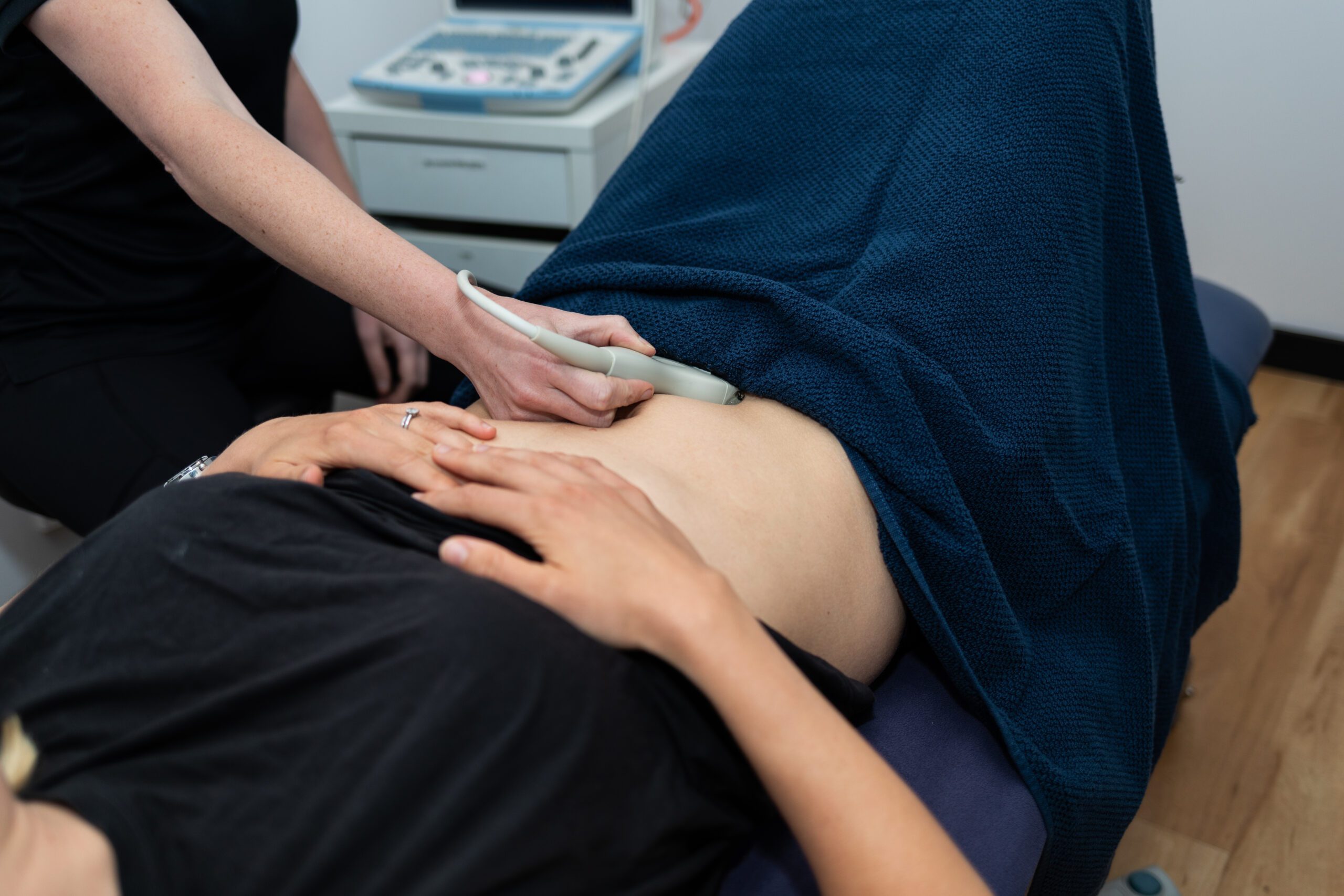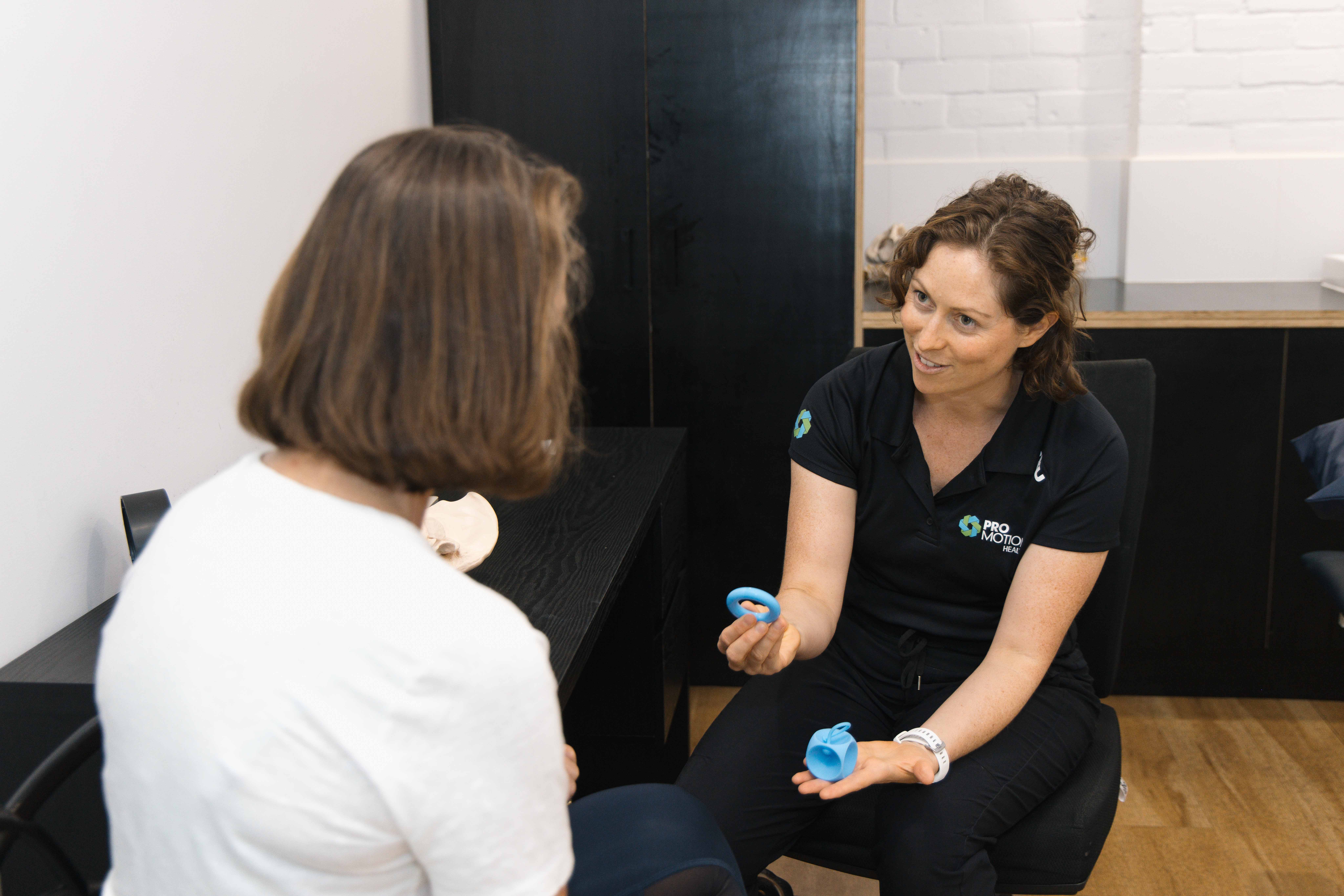Bladder & Bowel Problems
Address continence issues promptly to preserve your quality of life. Affecting 30-40% of women and 10% of men, continence problems can worsen with age, impacting daily life and potentially leading to social isolation or nursing home care. Early intervention is key.

Stress Urinary Incontinence
Leaking during activities like coughing or running is common but manageable. Our Pelvic Health Physiotherapists tailor programs for women and men of all ages. Pelvic floor strengthening, lifestyle modifications and continence devices are used to improve urinary control. Take control of your bladder.
Overactive Bladder Syndrome (Urinary urgency/incontinence)
Urgency and urine leakage are common symptoms that impact both men and women. Our physiotherapists offer bladder calming and training strategies, providing effective and rapid relief. Additionally, we provide guidance on eliminating specific foods and drinks that may irritate the bladder, empowering you to regain control of your bladder function.

Constipation
Bowel movements should occur every 3 days to 3 times a day, without straining. If not, underlying constipation may be present. Our expert physiotherapists assess the root causes and tailor individual programs to overcome constipation, ensuring improved bowel function and overall wellbeing.
Faecal Incontinence
Experience relief from faecal incontinence with our Pelvic Health team. Leaking, smearing, or difficulty wiping are common symptoms, each with various causes requiring specific management. Our trained physiotherapists conduct rectal assessments and provide tailored treatments to address faecal incontinence effectively. Regain control of your bowel function and improve your quality of life—today.
Pelvic Organ Prolapse
Common in women post-childbirth, with 50% experiencing some degree of prolapse, it’s characterised by the descent of the uterus, cervix, bladder, or bowel into the vaginal space. Symptoms include heaviness, vaginal bulging, and difficulty emptying the bladder and bowel.
Our physiotherapists provide guidance on safe lifting techniques, bowel movements, and exercise to manage symptoms and prevent worsening.
Additionally, support pessaries can improve internal support, enabling women to live and exercise comfortably. Take control of your pelvic health—with our expert team today.